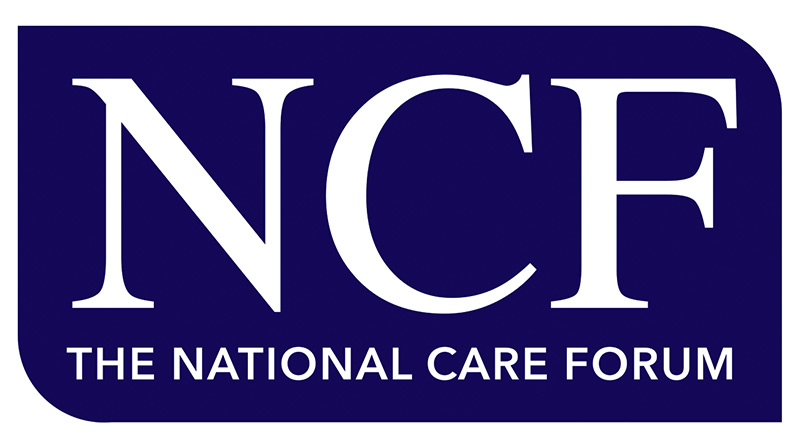COVID Testing Chaos Set To Continue For Social Care
Despite the government’s efforts to develop a testing programme for social care, the testing arrangements remain chaotic, there is no reliable timescale for getting the test results and there are simply not enough tests prioritised for social care. The announcement yesterday, that everyone aged over five in the UK with symptoms can now be tested for coronavirus, will only make this testing chaos worse.
The National Care Forum (NCF) is calling for more tests to be made available to the care sector as a matter of priority and guarantees that the systems in place will be focussed on prioritising care workers and those receiving care to help manage and prevent COVID across care settings. We need 200,000 routine and regular tests per day across the care sector to get on top of this health pandemic.
In a second survey to NCF members to find out how the existing testing arrangements are working on the ground and the length of time taken to receive test results, our findings show that the testing process is chaotic. Despite the myriad of different testing routes available – at least 6 for staff and at least 5 for residents – many differ on a local level depending on how local teams interpret government guidance and their own local capacity for testing.
The survey represents the perspectives of a wide range of organisations who between them employ 43,152 staff and support 16,240 residents in care homes. Of these 3,466 staff and 4,619 residents have been tested between 23 April and 14 May.
In the words of our members:
“There have been numerous changes to the staff testing process over the past 6 weeks which has made it very difficult to co-ordinate. Even though it has now been announced that all care staff can be tested, regardless of whether they are symptomatic, some organisations have still told us that we can only test staff who have symptoms.”
“It has been frustrating and confusing with different information through the Gov.uk networks to find out who is doing what and shifting responsibilities between different agencies, along with delays in results.”
The speed at which test results are returned varies widely. For the majority of testing routes for staff and residents, this is between 24 hours and 6 days. Results from home testing kits were much faster than other testing routes for both staff and residents, ranging between 24 hours and 4 days. However, a large number of test results are returning ‘void’ or ‘inconclusive’ owing to delays in obtaining results or faulty tests.
“In one of our care homes, 17 resident tests came back ‘void’ because of a faulty machine at the lab. This meant that all of those residents had to be re-tested, which was concerning. We have also received test results from other care homes (not in our group), and have received results for an individual with the correct surname but incorrect forename. This is very concerning as it makes us question the validity of the results we are receiving.”
Vic Rayner, Executive Director of the National Care Forum says:
“There are currently 30,000 tests available to care homes, which equates to 300 care home per day receiving tests. This is in no way near enough of the amount of tests required for the care sector. We need to see at least 200,000 routine and regular tests each day in the care sector alone. The speed and quality of the testing process is currently a postcode lottery and doesn’t appear to be based on need. Some of our members are being told they won’t be tested until 6 June which is much too late.
“We are asking for more tests to be made available for care providers to make sure that the government holds to its promise to keep the most vulnerable and those who care for them
safe during this pandemic. Now is not the time to lose that focus and drive. We need to focus on testing for social care, making sure that the tests are processed quickly, the results are accurate and they come back promptly.
“Along with the increase in the number of tests for social care, it is clear that we need to see an improvement in the quality and accuracy of the testing process and analysis so we can make proper use of the results.”
We are calling for:
200,000 routine and regular tests per day for social care to ensure they have a strategic and targeted prioritisation of all their employees and residents, and for speed and quality in test results to ensure accuracy and to give carers and residents confidence that we are doing all we can to keep them safe.”






